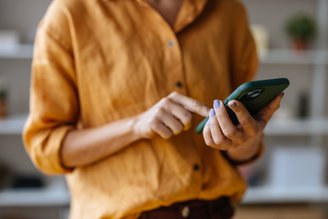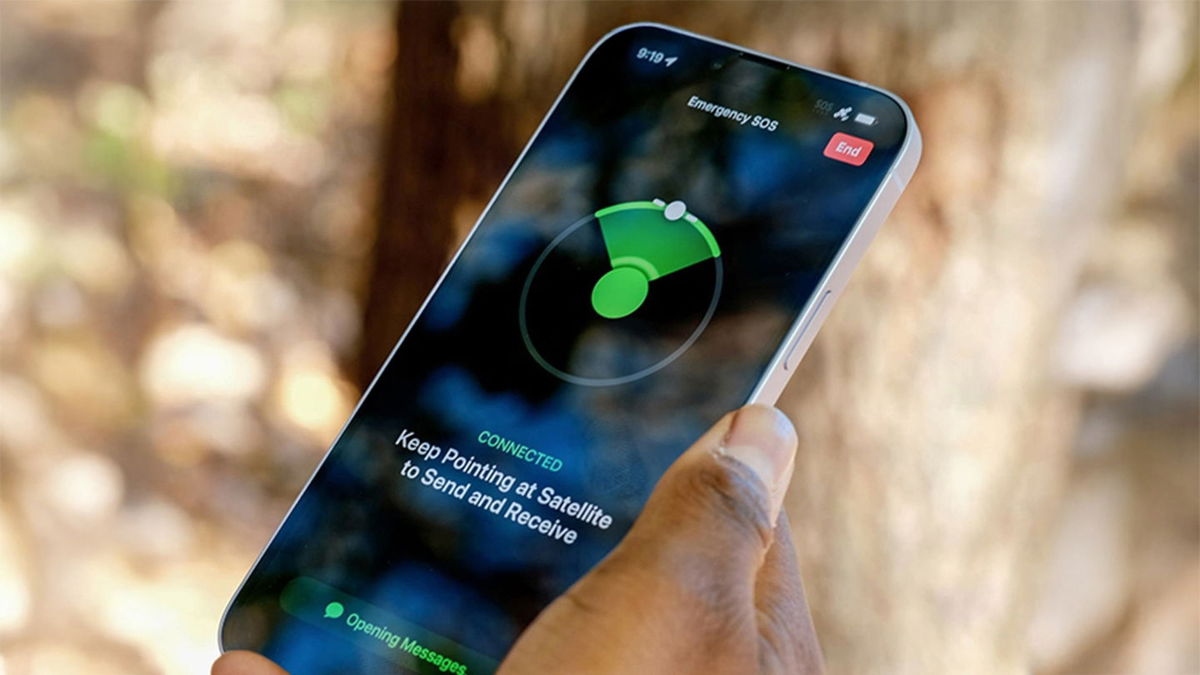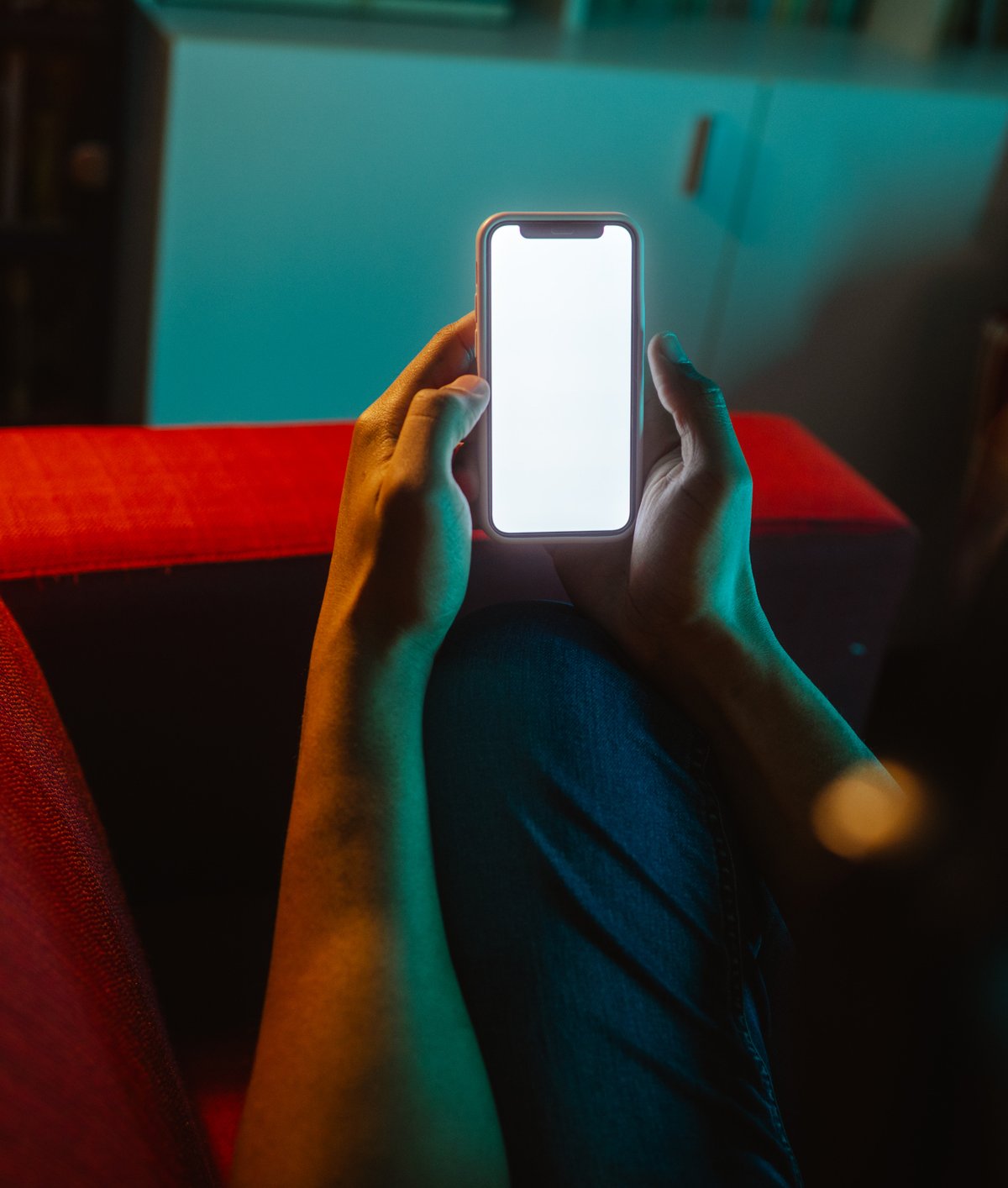Brazilians have an intimate love affair with their mobile phones. At least that’s what a recent study conducted by the Nomophobia.com portal shows. Here, 79% of Brazilians admit to overusing their smartphones.
It is noteworthy that the average is much higher compared to other Latin American countries, such as 63% in Mexico, 62% in Argentina and 57% in Peru. Moreover, many Brazilians (60%) feel more anxious when they are away from their mobile phones.
But what few people know is that this feeling has a name: nomophobia. This term, which is an abbreviation for the English phrase “no cell phone phobia”, was coined in 2008. and describes his fear of losing connection with his cell phone.
After all, fear is not entirely unfounded. Most people with smartphones store important information and access on their mobile phonesFrom identity documents to access to banks.
Although it is a great aid to your routine, it can also be dangerous to use. According to the survey, 13 percent of participants admitted that they lost their job due to excessive mobile phone use. Follow to learn more!
What is nomophobia and what are its symptoms?
Briefly, nomophobia is the irrational fear of being without a mobile phone – complete battery discharge due to no or loss of signal.
When away from their smartphones, some people may even experience some physical reactions, including:
- trembling;
- excessive sweating;
- agitation;
- palpitation;
- difficulty breathing.

Other symptoms that may indicate nomophobia in a person include: Constantly checking your smartphone (even if it’s not urgent)Poor performance in other daily activities (such as work, studying, or relationships) and excessive anxiety.
If we talk about the reasons, there are several. But mainly we can talk about the increasing use of technology in routine tasks and, of course, the expansion of social networks.
Good practices when using a mobile phone: How to overcome the phobia of being without a mobile phone?
The good news is that we can impose some limits on smartphone use on our own to avoid more serious conditions in the future.
Patrick O’Neill, creator of the Nomophobia.com portal and the term “nomophobia”, explains that some techniques and even some The characteristics of mobile phones themselves can help set limits on their use on a daily basis.
“Creating the habit of mobile-free spaces, such as the bedroom and dining table, helps disconnect and value the present moment,” he comments.
“When it comes to devices, you can start configuring your mobile phone to receive only necessary notifications, or even use ‘do not disturb’ mode for concentration, eating and near bedtime.”
It may also help to organize more personal events with friends and family. “Engage in self-help practices such as exercise, meditation, and hobbiesOverall, it can increase emotional resilience, reduce anxiety, and alleviate the severity of nomophobia symptoms,” explains Patrick.
However, it is also worth noting that people who feel excessively dependent on their smartphones should consult a doctor.
What did you think of the content? Did you already know about this phobia? Follow TecMundo for more content like this. Also understand Ludopathy – gambling addiction. Until next time!
Source: Tec Mundo
I am a passionate and hardworking journalist with an eye for detail. I specialize in the field of news reporting, and have been writing for Gadget Onus, a renowned online news site, since 2019. As the author of their Hot News section, I’m proud to be at the forefront of today’s headlines and current affairs.










